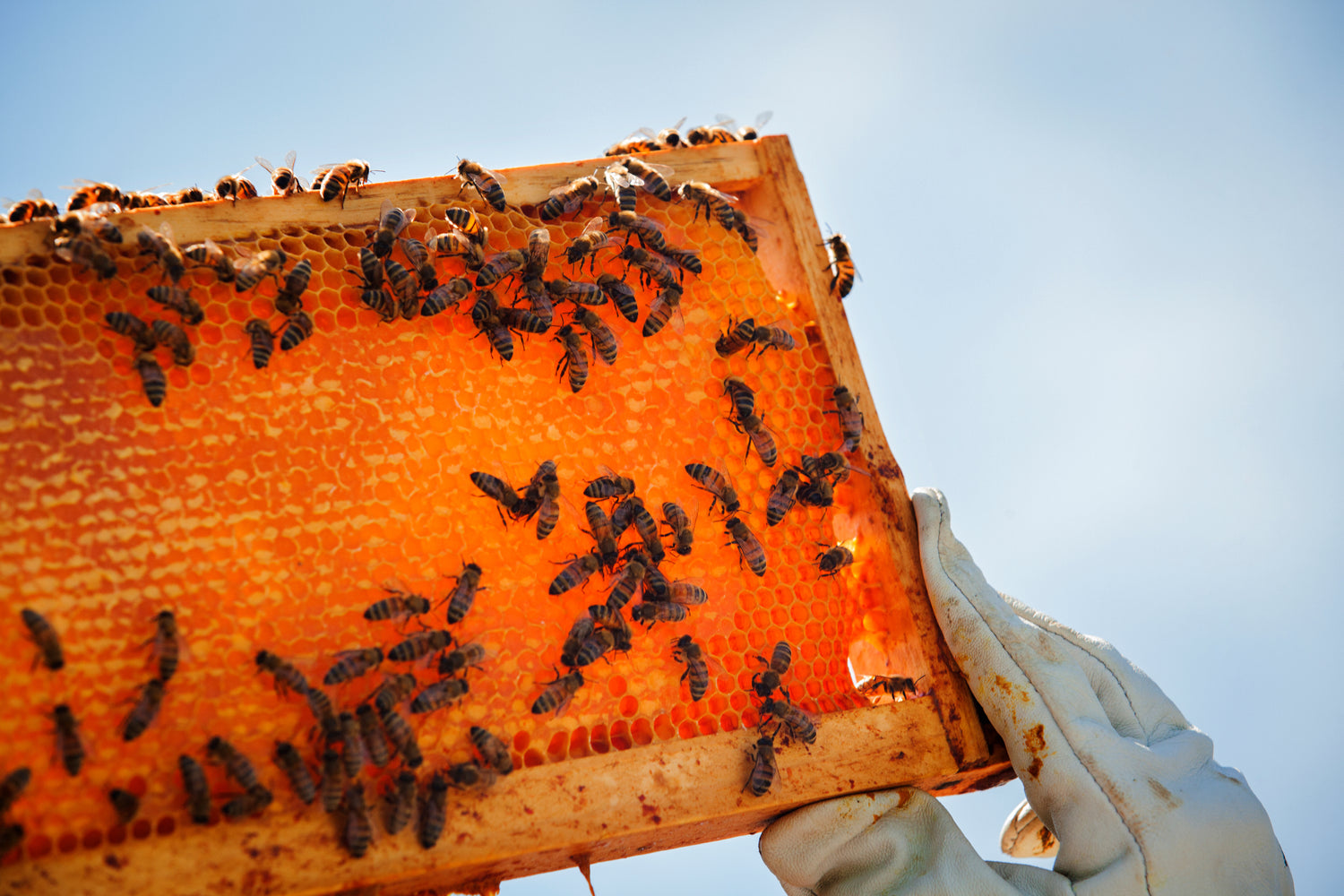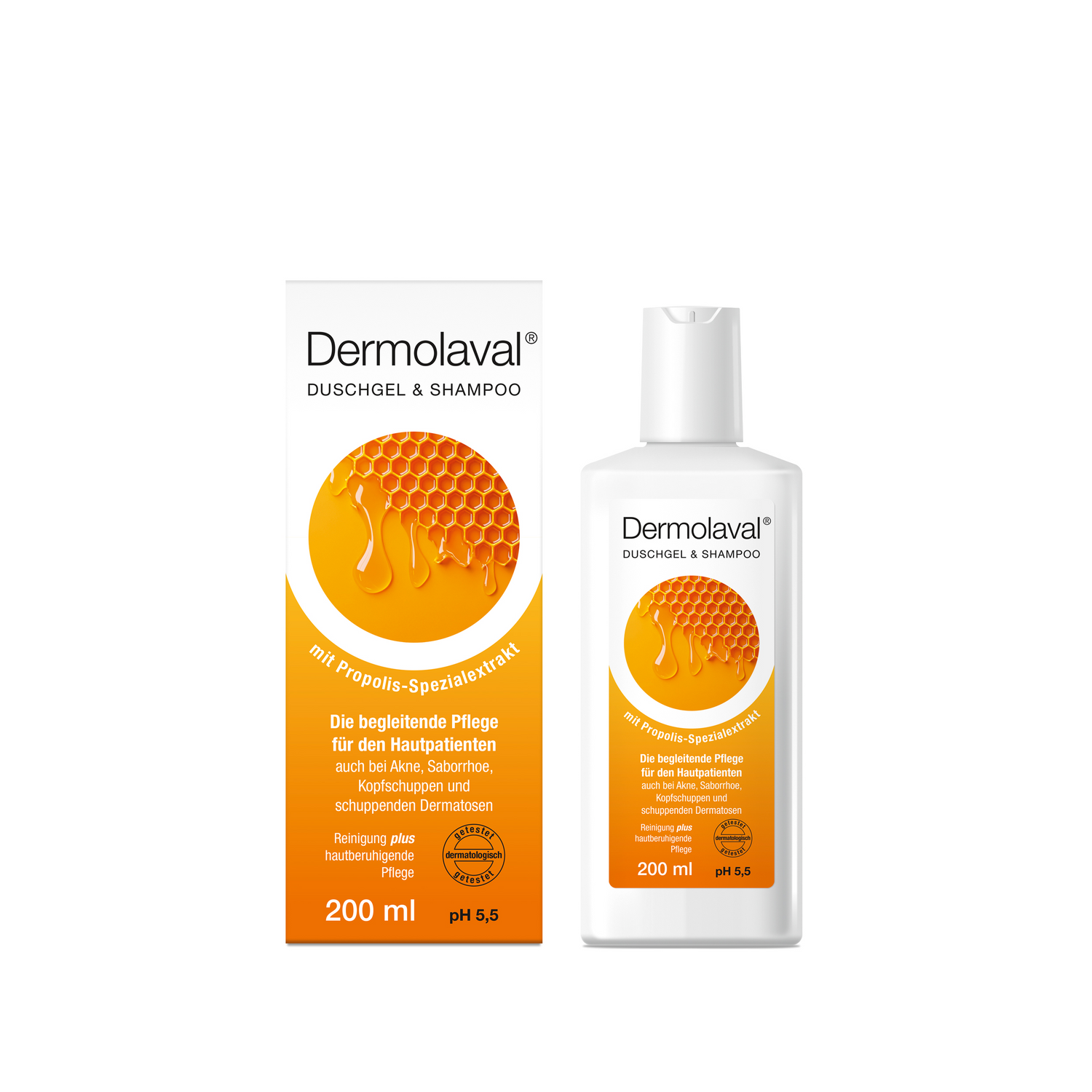
Propolis
Propolis is a resinous natural product created through the collaboration of bees and plants. Certain trees and shrubs provide the basis for propolis. Sticky resins ooze from their buds, bark, or injured areas; the plants secrete this resin to protect themselves from pathogens and insects.
The honey bees collect these resinous substances, mix them with wax, pollen and their own saliva secretions and create a tough, golden-brown to dark green mass: propolis.
Natural propolis comes from regions around the world where bees collect resin from trees and shrubs, and reflects the local flora in each region.
In nature, propolis serves bees as a versatile building material for the hive: it seals cracks, regulates the microclimate, strengthens stability and protects against bacteria, fungi and viruses.
Propolis is of interest to humans due to its antibacterial, anti-inflammatory and antioxidant properties and is used in naturopathy to support the immune system, in oral and dental care, for the treatment of minor skin injuries, as well as in cosmetics and as a dietary supplement.
*From propolis research:
Japanese study discovers hair growth-promoting effect!
One study found a hair growth-promoting effect in shaved mice after applying a special Brazilian propolis extract to the skin. The researchers observed increased keratinocyte proliferation and migration. Further studies are needed to confirm this finding in humans.
*Source: Miyata S, et al. Stimulatory Effect of Brazilian Propolis on Hair Growth through Proliferation of Keratinicytes in Mice. J Agric Food Chem 2014:62(49): 11854-118


